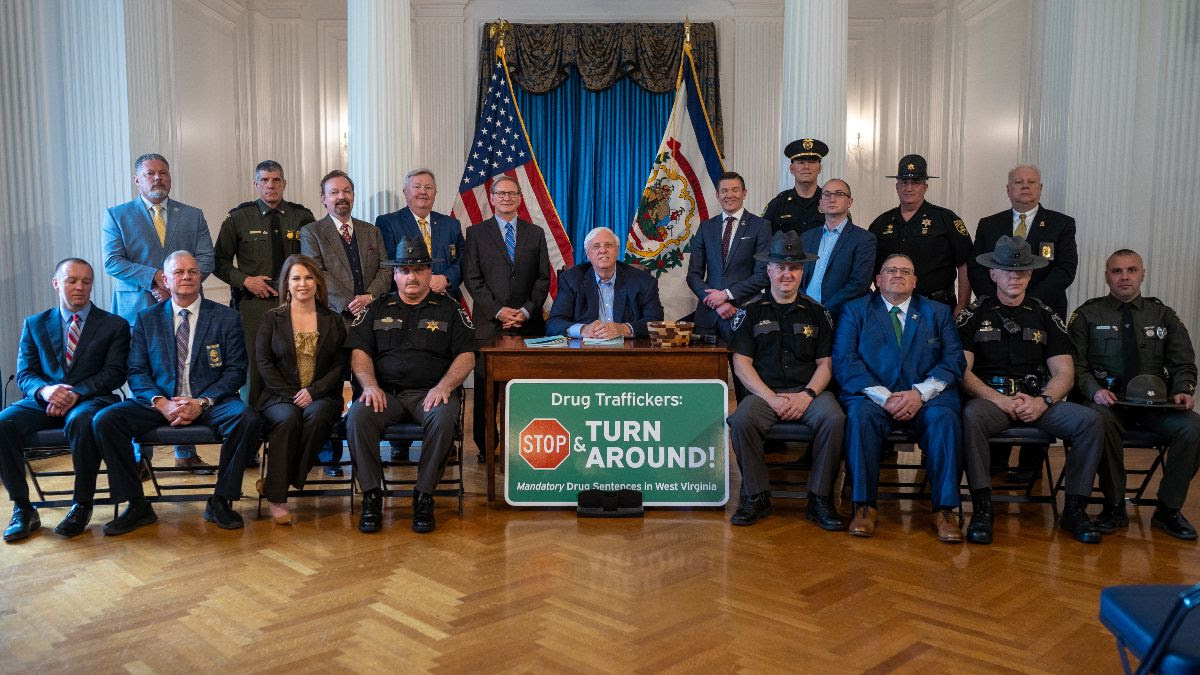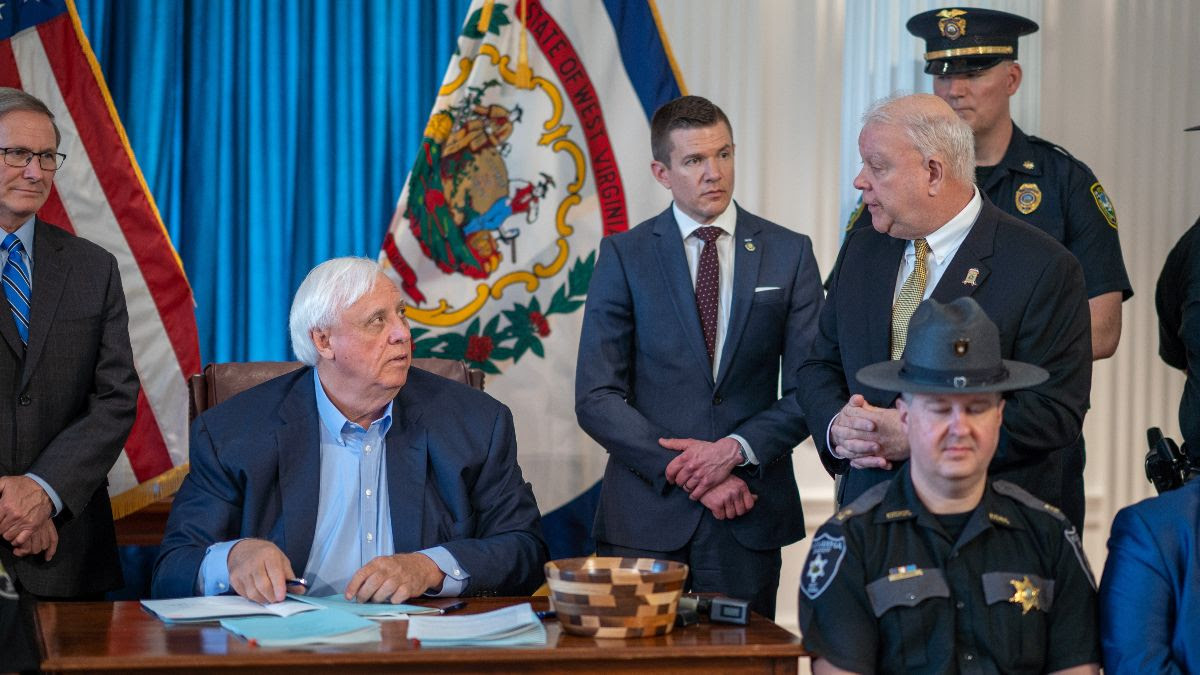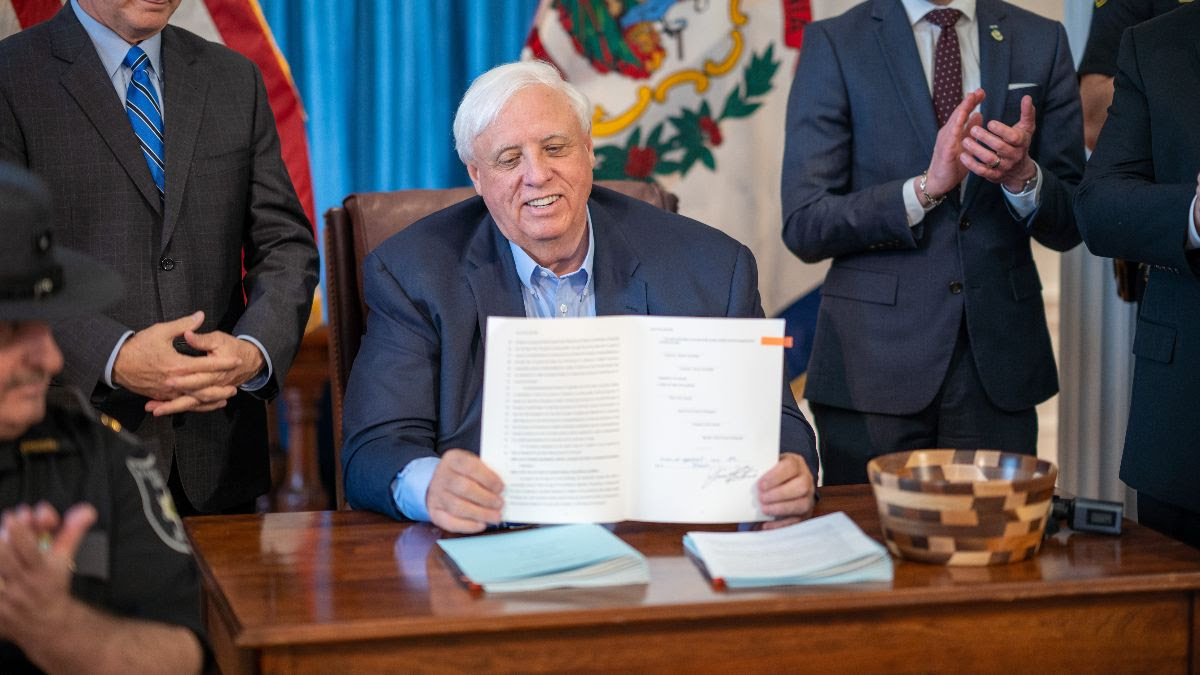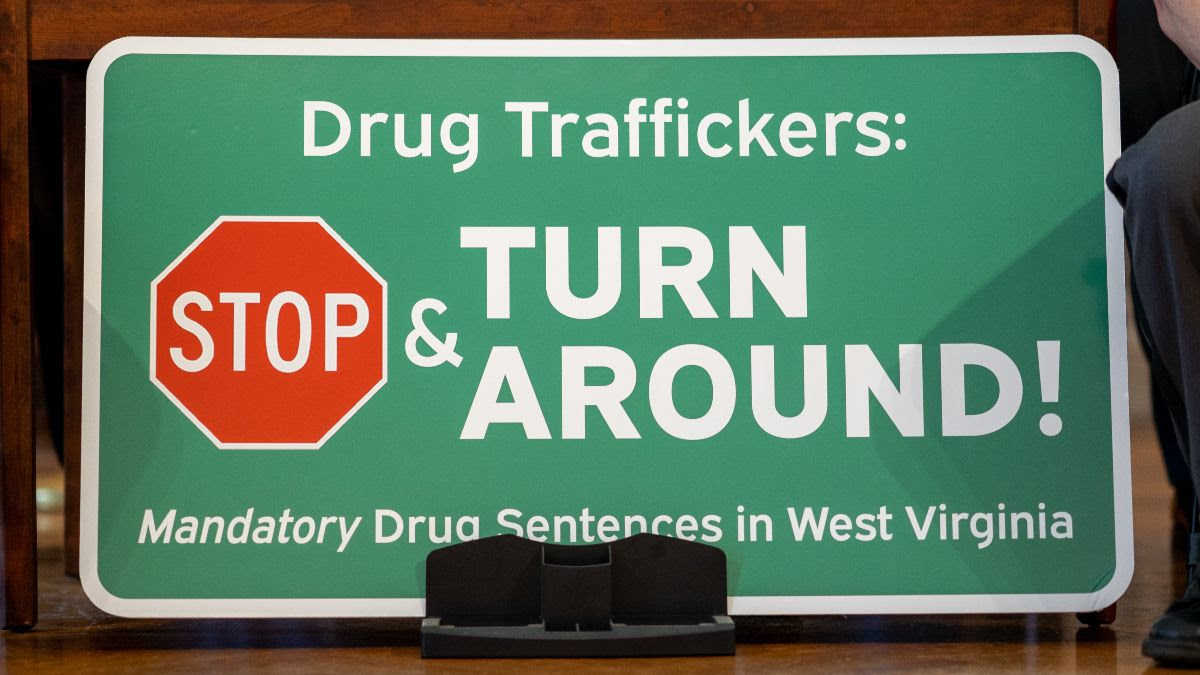
CHARLESTON, WV – The West Virginia Department of Homeland Security (DHS) today applauded Gov. Jim Justice for signing a pair of bills, passed by the West Virginia Legislature, that will crack down on drug traffickers and other criminals.
Senate Bill 536, also known as the Fentanyl Bill, delivers on the Governor’s promise of being tough on drug dealers and traffickers by increasing penalties for distributing fentanyl in West Virginia and for transporting fentanyl into West Virginia from another state. This bill also makes it a crime to involve a person under the age of 18 in distributing any controlled substance.
“Governor Justice said in no uncertain terms in his State of the State address that he wanted West Virginia to significantly crack down on drug dealers and the drug traffickers who are bringing deadly substances like fentanyl across our border and into our state,” DHS Secretary Jeff Sandy said. “The Governor tasked us with working with the Legislature to make West Virginia known around the country as a state that is very, very tough on people who commit drug crimes. By instituting mandatory sentences for these types of offenses, I firmly believe that this bill accomplishes the Governor’s goals.”

“As I’ve said many times, the less that these dangerous drugs make it into West Virginia, the less of our people will die,” Gov. Justice said. “I truly believe that this bill is going to make drug traffickers think twice before they even set foot into our state because they know, if they get caught, we won’t be letting them off the hook easily. I thank our Department of Homeland Security officials, the West Virginia Legislature, and all those who worked so hard to craft legislation that is going to go a long way toward saving West Virginians’ lives.”

SB 536 was legislated in response to an overwhelming increase in the number of fentanyl-related overdose deaths in West Virginia from 2017-2020, which increased by 21% during that time period. Fentanyl is 80 to 100 times stronger than morphine, and is lethal in extremely small doses. Oftentimes, individuals consume fentanyl unintentionally when dealers combine fentanyl with other controlled substances such as heroin and methamphetamine. In fact, on September 27, 2021, the Drug Enforcement Administration (DEA) released a Public Safety Alert regarding a sharp increase in fake prescription pills containing fentanyl and methamphetamine, which has likely contributed to more opioid-dependent individuals, overdoses, and deaths.
As fentanyl becomes more accessible in the State, the need for harsher penalties has become abundantly clear. SB 536 increases the penalties for distributing fentanyl from 1-10 years to 3-15 years and raises the potential fine to $50,000. The bill also substantially increases the penalty for transporting fentanyl into West Virginia from out of state by imposing a 10-20 determinate sentence, which replaces the 1-15 indeterminate sentence that existed in the previous code section. The fine for bringing fentanyl into West Virginia from out of state also increased to up to $50,000. Furthermore, the bill makes it a crime to knowingly and intentionally use a person under the age of 18 to distribute any controlled substance and provides for penalties of up to 5 years in prison and up to a $10,000 fine.

The Governor also signed Senate Bill 466 on Thursday. Known as the Tort Bill, this bill will promote judicial efficiency by limiting frivolous, malicious, or baseless claims brought by inmates.
SB 466 was intended to limit civil actions or appeal brought by inmates by prohibiting an inmate from proceeding in civil actions when an inmate has, on three or more prior occasions, had a civil action or appeal dismissed on the grounds that the action was frivolous, malicious, or failed to state a claim upon which relief may be granted, unless permitted by a circuit court. The bill exempts civil actions where an inmate alleges imminent danger of serious physical injury and states with particularity the factual basis of the assertion. The bill further exempts actions where the inmate seeks habeas relief relating solely to the propriety of custody.
###